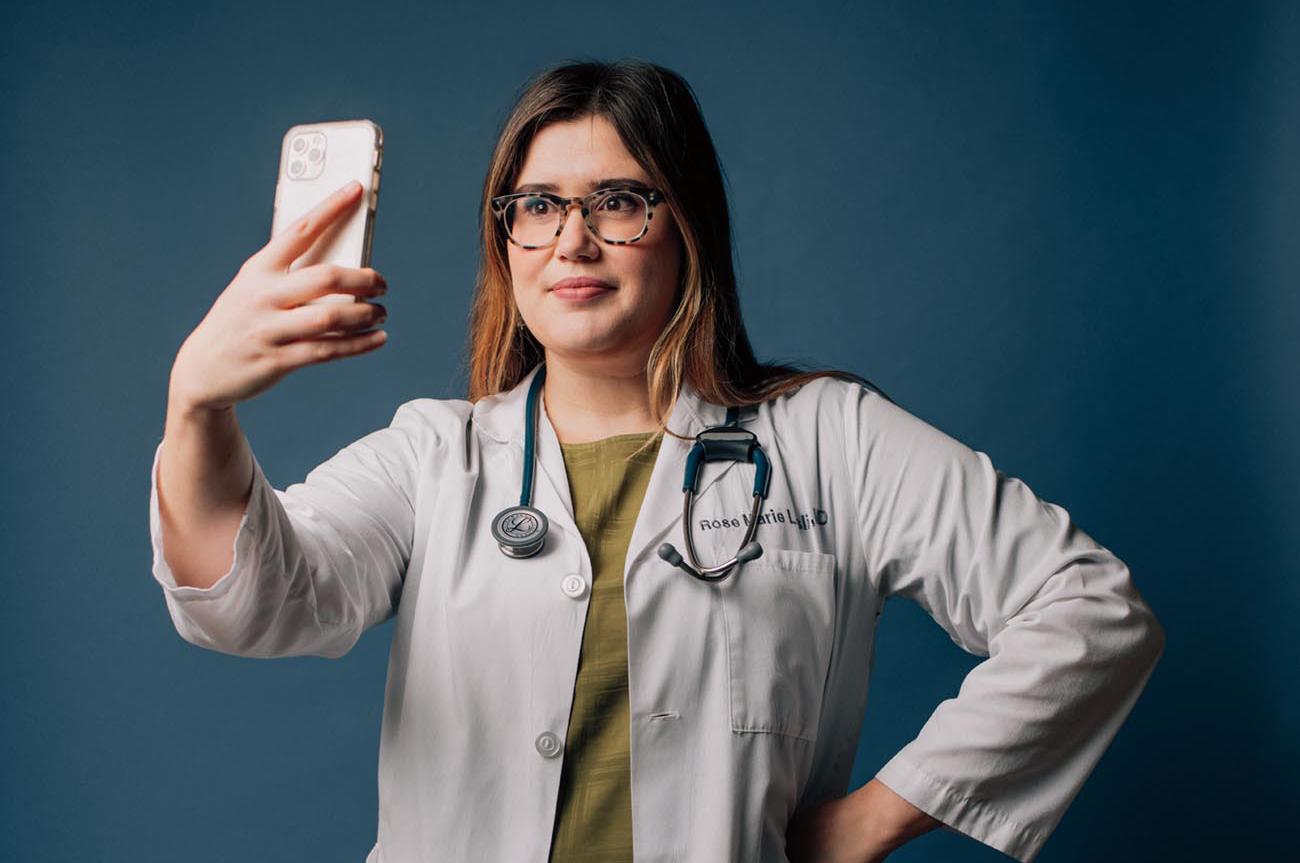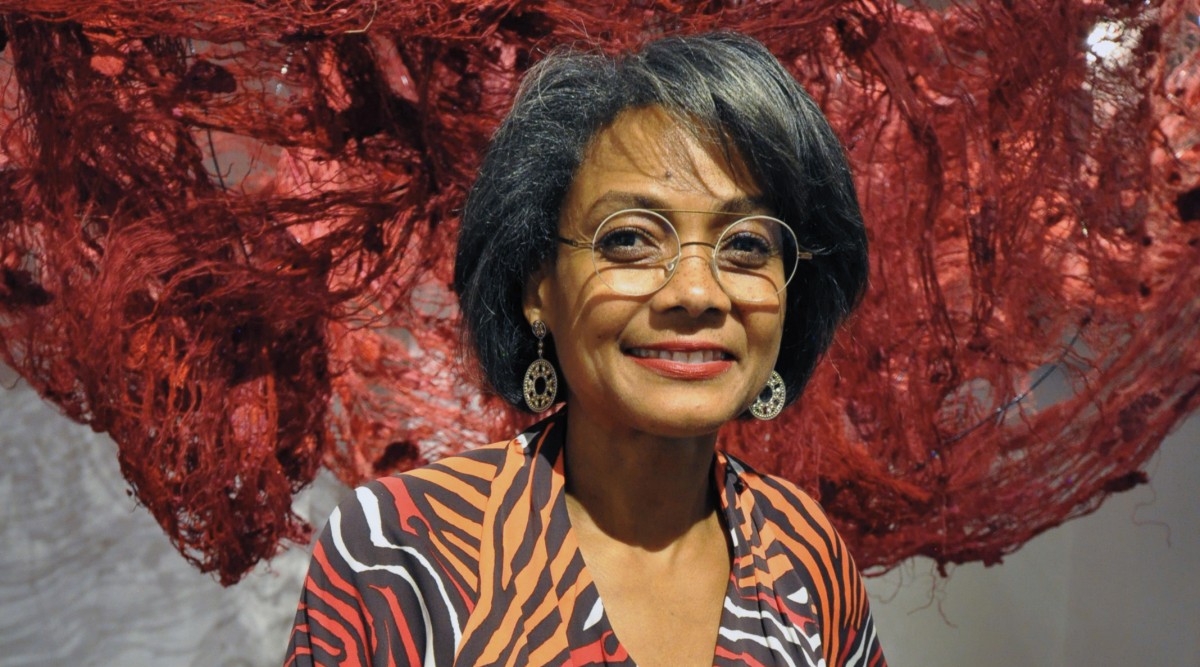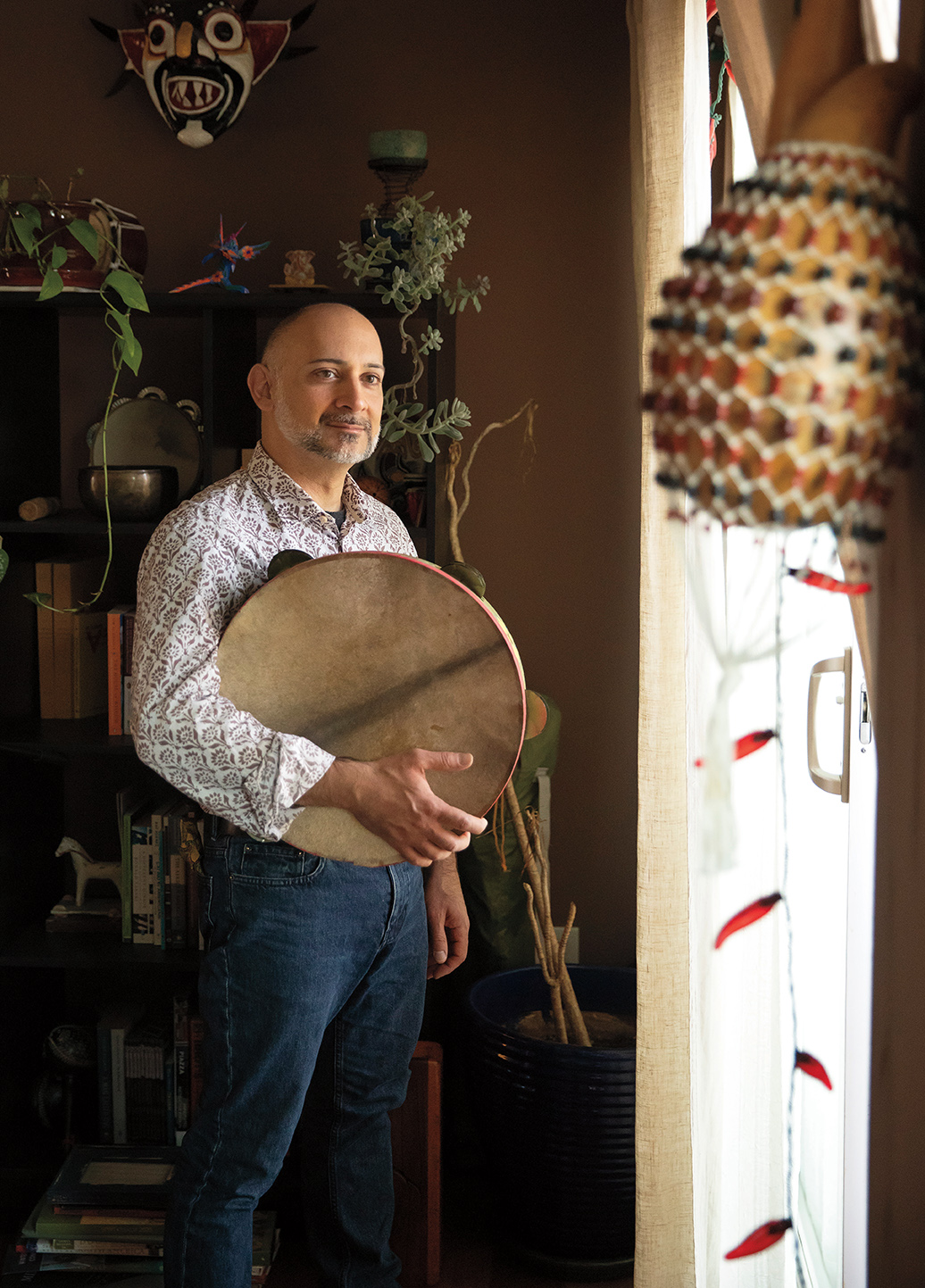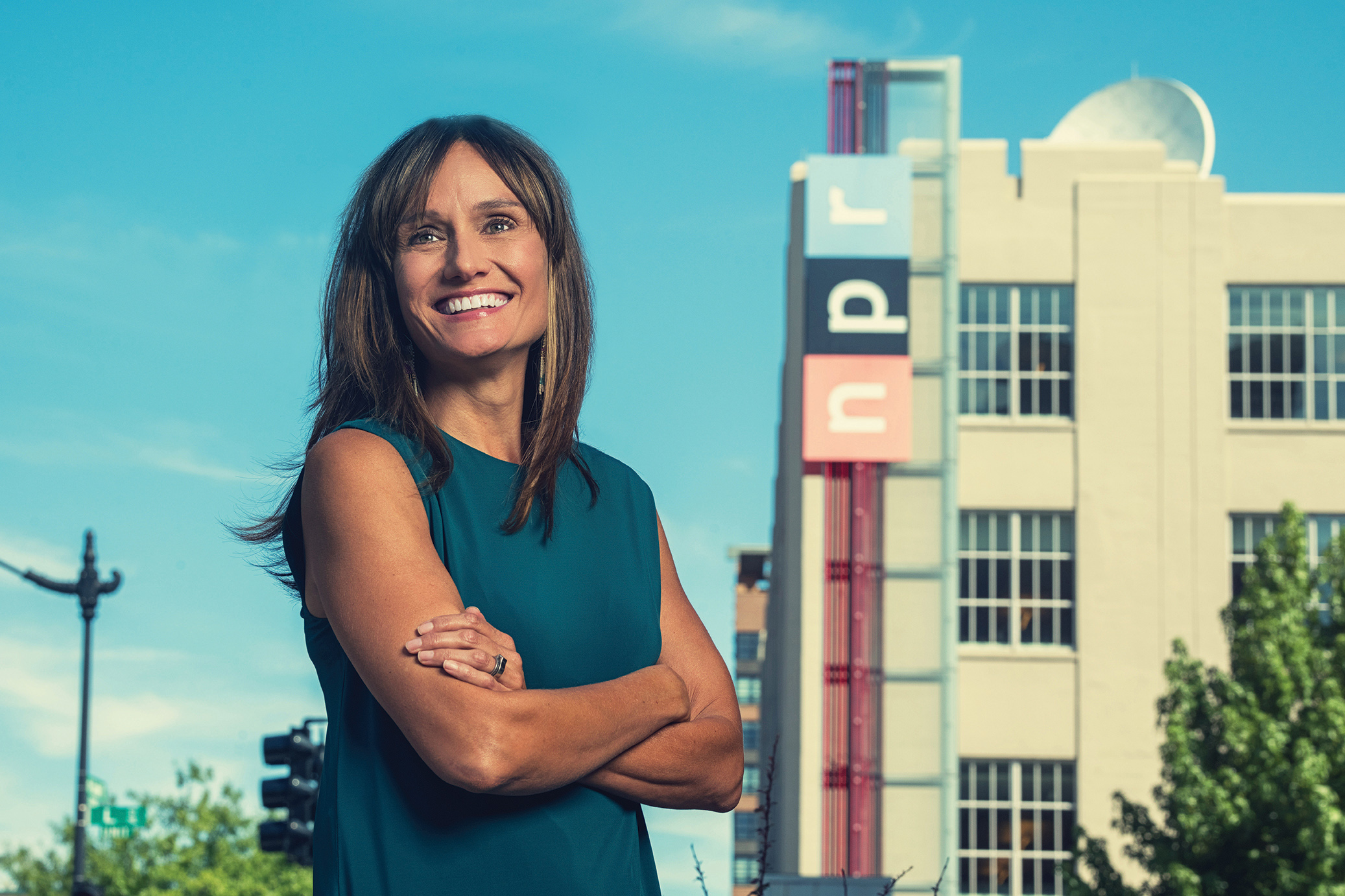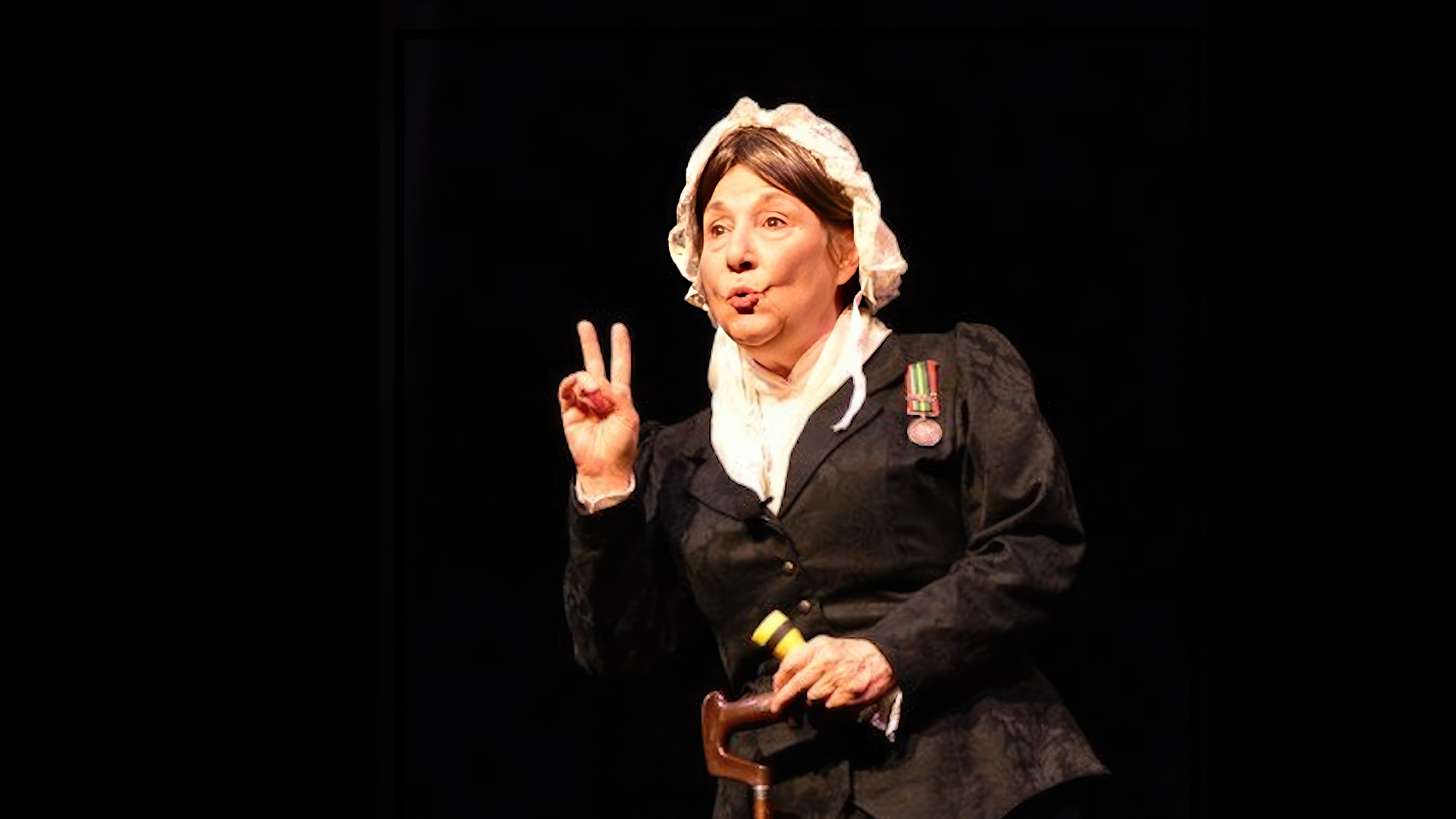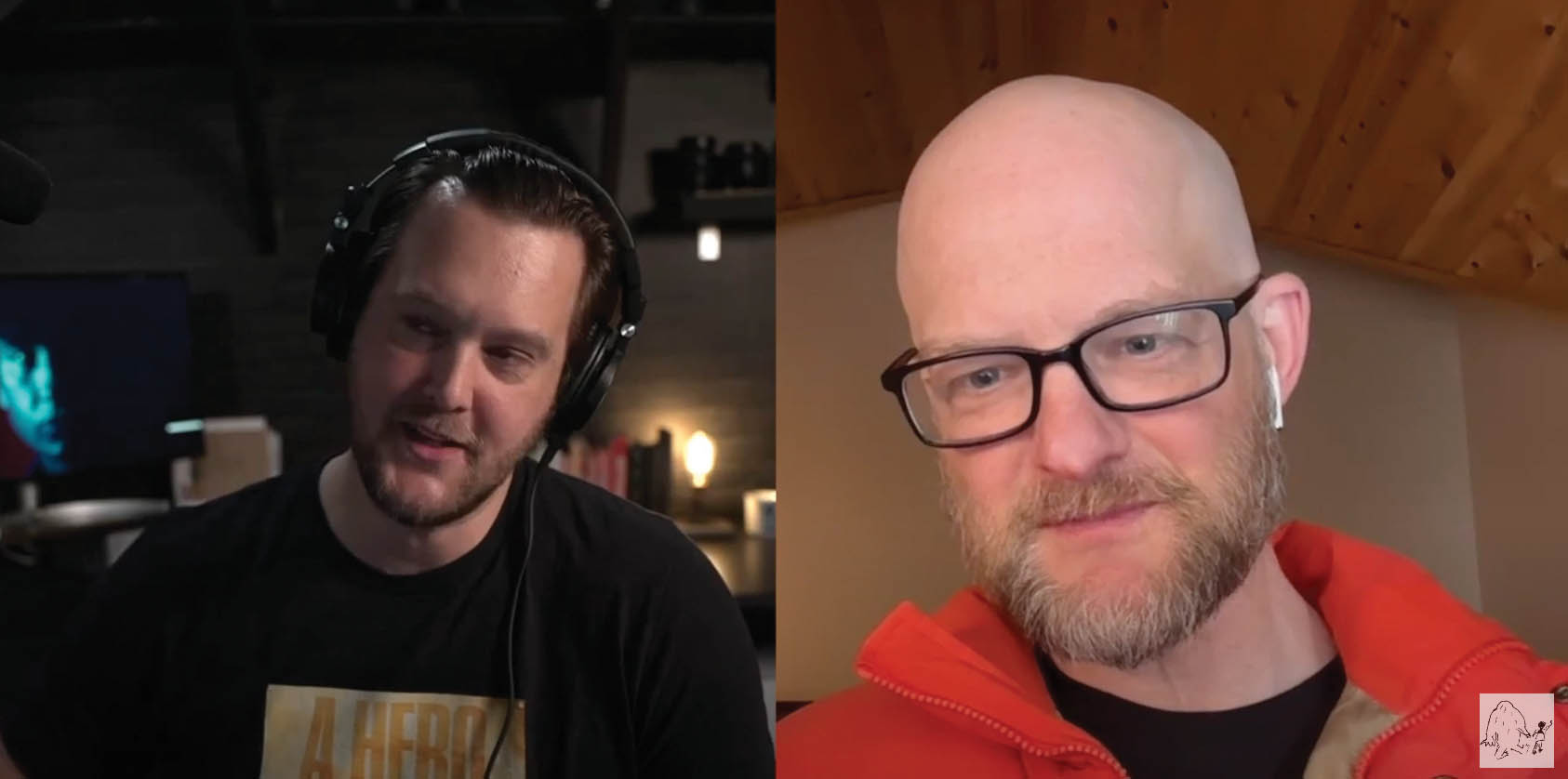Rose Marie Leslie ’12 sees social media as a way to combat health misinformation. Based on the 900,000 followers she's amassed and the media attention she's garnered, she's clearly doing something right.
When Rose Marie Leslie '12 first started using TikTok, it was mostly because she thought the videos were hilarious. Back in 2019, as a family medicine resident at University of Minnesota, she started posting some of her own: funny videos, set to music, about deciding what to wear to the hospital (as she flips through a pile of identical blue scrubs), poking fun at the Minnesota accent (don’t worry; she’s from there), or walking into the hospital in desperate search of coffee to prepare for another long shift.
Every now and then, between the funny videos, she would post a “Daily Doctor Fact,” something simple, sometimes silly (“only some people have the receptors that allow them to smell asparagus pee!"), but always informative, even in the 20 or so seconds she had. In these videos, Leslie faces the camera head-on, her big brown eyes often framed by bold glasses and her bright lipstick offering her a bubbly, approachable demeanor, even as she speaks matter of factly about everything from gender identity and contraception to why not to use Q-tips to clean out ear wax. “Did you know using Q-tips can make your ear wax worse?” she asks in one video. “[I]t actually puts people at risk for something called cerumen impaction—essentially that’s when you put in the Q-tip and it just jams all the ear wax deeper and deeper into your ear. You get ear wax stuck up against your ear drum, which can cause hearing problems and can rip your ear drum open.” Ouch, noted!
